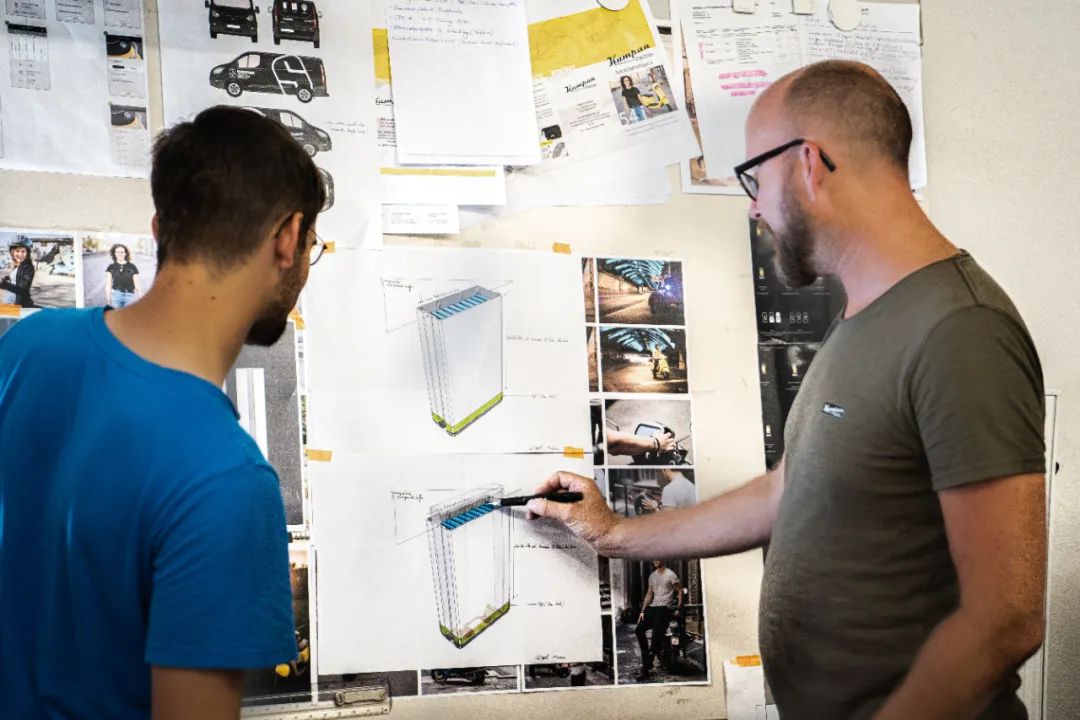
High School Research Project Examples
Research projects are an essential part of high school education, providing students with the opportunity to delve deeper into a topic of interest, develop critical thinking skills, and enhance their research abilities. In this article, we will explore some examples of high school research projects to inspire students and help them understand what makes a successful research project.
1. Science Fair Project
One of the most common types of research projects in high school is the science fair project. Students are tasked with conducting an experiment, analyzing data, and presenting their findings in a scientific manner. Examples of science fair projects include investigating the effects of different types of plant food on plant growth, testing the effectiveness of natural remedies on common ailments, or exploring the impact of pollution on local water sources.
By participating in a science fair project, students not only enhance their scientific knowledge but also learn valuable skills such as data analysis, critical thinking, and presentation skills.
Successful science fair projects often involve a clear research question, a well-designed experiment, accurate data collection, and a thoughtful analysis of results.
2. History Research Project
Another popular type of research project in high school is the history research project. Students are required to choose a historical topic, conduct research using primary and secondary sources, and present their findings in a coherent and engaging manner. Examples of history research projects include exploring the causes and consequences of a specific historical event, analyzing the impact of a famous figure on society, or investigating a lesser-known aspect of history.
History research projects allow students to deepen their understanding of historical events, develop their research skills, and learn how to interpret and analyze historical sources critically.
Successful history research projects often involve a clear thesis statement, a logical structure, well-researched content, and a compelling narrative that engages the reader.
3. Literature Analysis Project
Literature analysis projects are another common type of research project in high school, focusing on analyzing a piece of literature in-depth. Students are required to choose a novel, play, poem, or short story, read it critically, and explore themes, characters, and literary devices. Examples of literature analysis projects include analyzing the symbolism in a novel, comparing and contrasting two literary works, or examining the historical context of a play.
Literature analysis projects help students develop their analytical and interpretive skills, improve their written communication, and deepen their appreciation for literature.
Successful literature analysis projects often involve a strong thesis statement, close reading of the text, evidence-based analysis, and clear writing that demonstrates a deep understanding of the literary work.
4. Social Science Research Project
Social science research projects focus on examining social phenomena, human behavior, and societal issues. Students are required to choose a research topic related to sociology, psychology, economics, or political science, conduct research using qualitative or quantitative methods, and present their findings in a systematic way. Examples of social science research projects include exploring the factors that influence voter behavior, studying the effects of social media on mental health, or investigating the causes of poverty in a specific community.
Social science research projects allow students to apply theoretical concepts to real-world issues, develop critical thinking and research skills, and gain a deeper understanding of society and human behavior.
Successful social science research projects often involve a clear research question, a well-defined research methodology, ethical considerations, and a thoughtful analysis of data that sheds light on the research topic.
5. Environmental Science Project
Environmental science projects focus on studying the environment and natural resources, addressing environmental issues, and promoting sustainability. Students are tasked with choosing an environmental topic, conducting fieldwork or experiments, and presenting their findings in a way that raises awareness and promotes environmental stewardship. Examples of environmental science projects include investigating the impact of climate change on biodiversity, testing the effectiveness of alternative energy sources, or analyzing water quality in a local river.
Environmental science projects help students develop an appreciation for the environment, understand the interconnectedness of living organisms and ecosystems, and learn how to take action to protect the environment.
Successful environmental science projects often involve a well-defined research question, rigorous data collection and analysis, practical recommendations for addressing environmental issues, and a call to action to inspire others to make a positive impact on the environment.
6. Computer Science Project
Computer science projects focus on exploring computer programming, software development, and technology-related topics. Students are required to choose a computer science topic, design and implement a software project, and present their work in a technical and professional manner. Examples of computer science projects include designing a mobile app for a specific purpose, developing a website with interactive features, or creating a computer program to solve a complex problem.
Computer science projects help students develop their programming skills, problem-solving abilities, and creativity, as well as prepare them for a career in technology and innovation.
Successful computer science projects often involve a clear project scope, well-documented code, user-friendly interface, and a demonstration of technical proficiency and creativity in solving a real-world problem.
In conclusion, high school research projects provide students with valuable opportunities to explore their interests, develop critical thinking and research skills, and enhance their academic abilities. By engaging in research projects in various subjects such as science, history, literature, social science, environmental science, and computer science, students can expand their knowledge, apply theoretical concepts to practical problems, and make meaningful contributions to their fields of study. Successful research projects involve careful planning, rigorous research, clear communication, and a passion for learning and discovery.
Q&A
Q: How can I choose a research project topic?
A: When choosing a research project topic, consider your interests, strengths, and career goals. Choose a topic that excites you, aligns with your academic interests, and allows you to make a meaningful contribution to the field. Consult with your teachers, advisors, and mentors for guidance and support in selecting a research project topic that suits your skills and ambitions.
Q: How can I conduct research for my project?
A: To conduct research for your project, start by defining your research question, conducting a literature review to understand the existing knowledge on the topic, and choosing appropriate research methods and tools. Collect data through experiments, surveys, interviews, or observation, and analyze your findings using statistical or qualitative analysis methods. Ensure that your research is ethical, reliable, and valid, and communicate your results effectively through written reports, presentations, or visual aids.
Q: What makes a successful research project?
A: A successful research project is characterized by a clear research question, a well-defined methodology, rigorous data collection and analysis, logical reasoning and interpretation of results, and effective communication of findings. Successful research projects demonstrate originality, critical thinking, attention to detail, and a passion for inquiry and discovery. By following a structured approach to research, seeking feedback and guidance from mentors, and maintaining a commitment to excellence, you can create a successful research project that showcases your skills, knowledge, and potential.







